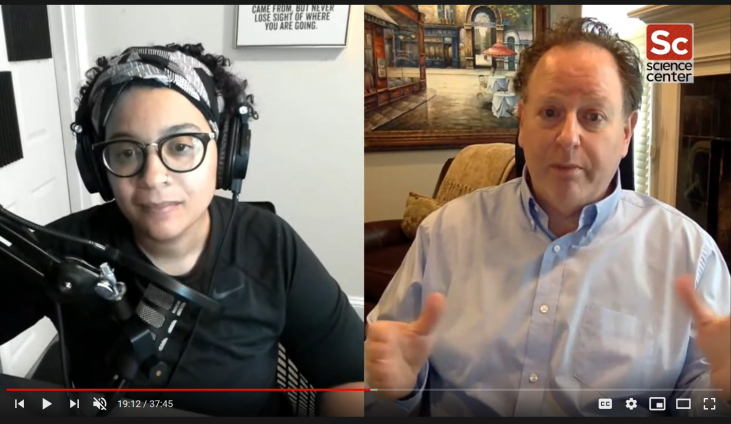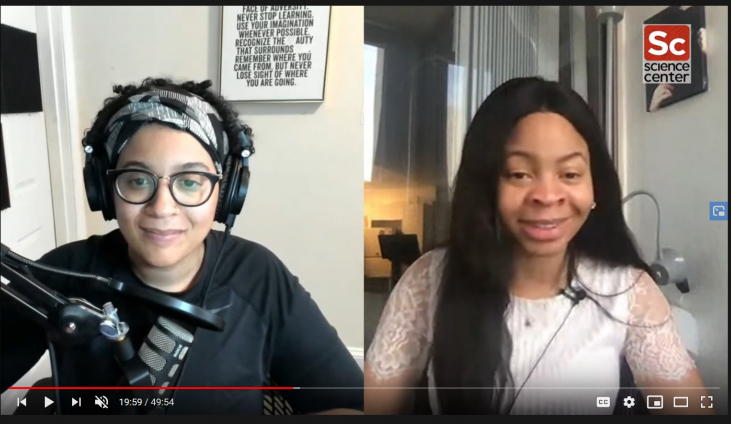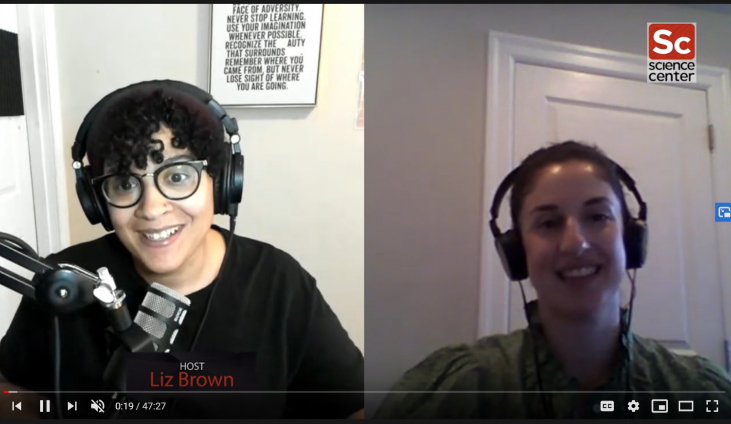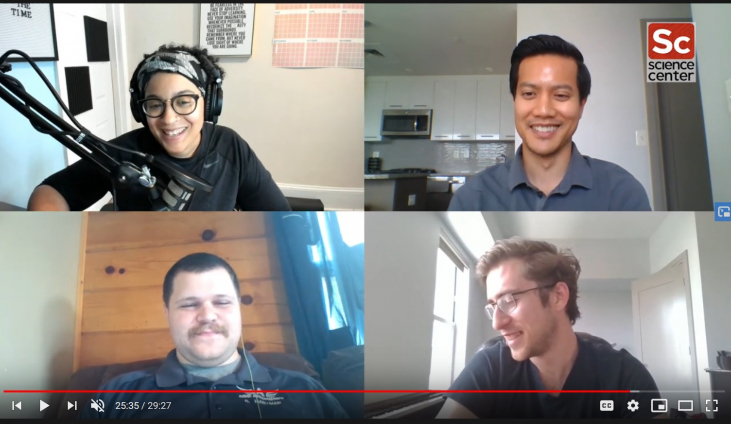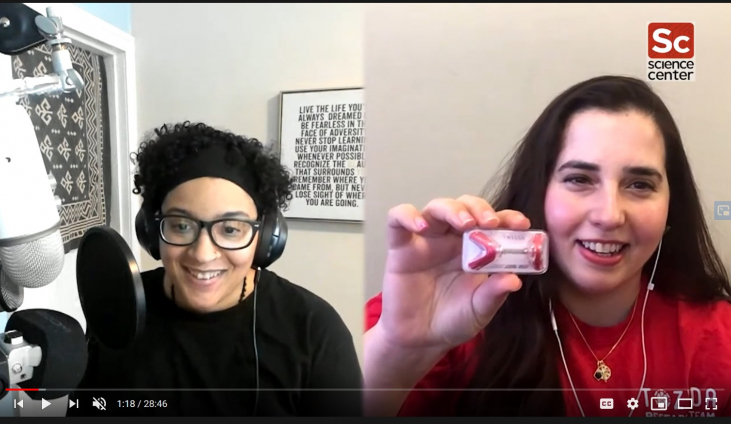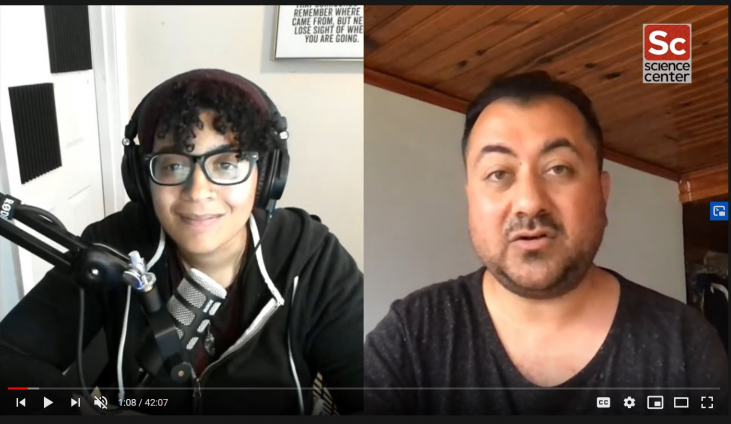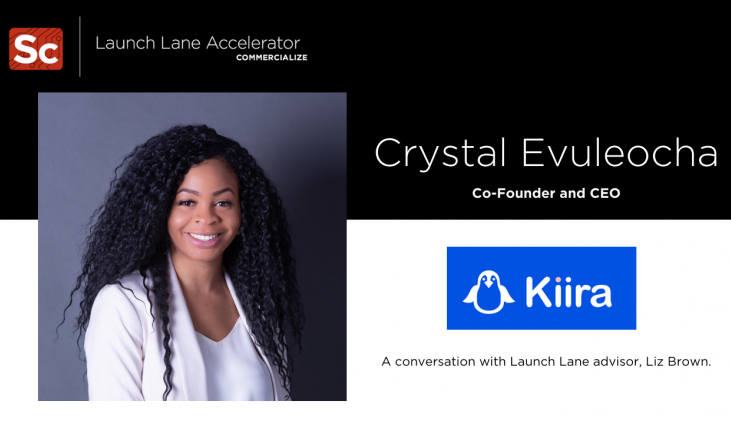From her home in LA, Crystal Evuleocha, Co-Founder & CEO of Kiira Health (fka Kliit Health) mused that adaptation is inherent in being a startup founder; “you must pivot to grow the company and adjust for the world today.” While that statement (made this spring in a video interview with Launch Lane advisor Liz Brown) is true any day or any year, it’s particularly relevant during a pandemic.
Everyone has a story about expectations for 2020
The personal and professional goals, the travel plans and beyond. When the first cohort of our Launch Lane Accelerator kicked off in early March, we were no different, and the seven companies we selected were as eager to hit the ground running as we were. After just two sessions, the world changed but the drive and ambition of the founders behind Arke Aeronautics, envoyatHome, Kliit Health, The OrVac, Pippy Sips, Pera Labs, and Tozuda, remained steadfast.
As Rob Blatt of envoyatHome aptly put it, “we can't stop innovating. Innovating is not going to be stopped by a pandemic. There's tons of activity and new ideas being explored all the time, and the pandemic only provides - for those who are creative and entrepreneurial - a fresh ground of discovery, opportunity and value proposition.”
We caught up with the cohort in a series of video interviews.
These discussions, led by Liz Brown, give you an inside look at their personal and professional setbacks, including two postponed weddings, manufacturing delays and halted prototype testing to name a few. But this moment in time has also comes with opportunity. Telehealth has never been more relevant, cohort members are able to focus on aspects of commercialization without distraction, and as if we exist in a sci-fi film, distance is suddenly irrelevant: meetings with partners and funders on the other side of the country are now more accessible and two of our cohort members currently in LA and Istanbul can join the weekly remote sessions without booking a flight.
As it turns out, the camaraderie that comes with navigating the uncertainty of entrepreneurship together has translated well into the virtual world. For solo founders and first-time founders, that holds especially true.
Solo founder Tyiwanna Carter of The OrVAc was “looking to get the camaraderie of other founders and mentorship. To have access to all those experts (even if not face-to-face) is invaluable.”
Amberlee Venti of Pippy Sips points out, "the accelerator facilitates the cohort mentality in that we're all here to learn from each other and help each other.”
And while the format of the program changed, the startups’ reasons for embarking on the journey of entrepreneurship hasn't wavered. Each founder launched their company to solve a problem personal to themselves - and surely many others; from reproductive health to navigating the challenges of being a new parent, to caring for an aging parent with unique medical needs. They’re identifying head injuries early and empowering first responders with more information before they arrive on scene.
When Arke Aeronautics founders, Brandon Graham, Jonathan Penera and Sherman Hartman, applied to Launch Lane, they were looking for support in transitioning from research and development, R&D to commercialization. They valued the Science Center’s expertise in that process with the added benefits of connecting with other likeminded Philly startups, and receiving validation for the company, and being held accountablility for their milestones.
For deep tech or tech-based startups, I think Launch Lane is a bridge to helping you open several doors.
And in a year defined by isolation, the cohort has a built-in support system.
“It’s nice to have this support system right now because we’re all struggling in our own ways,” says Jessie Garcia of Tozuda. “I look forward to Thursdays because it’s my hype group. They’re going to give good feedback and I’m happy I have that support group now more than ever. I didn’t have that before from other founders as methodically.”
“For deep tech or tech-based startups, I think Launch Lane is a bridge to helping you open several doors,” says Burak Özkösem of Pera Labs. “One is networking with potential partners in the future (like medical device manufacturers, compliance or regulatory experts). [The program] vets them so you know that you can trust them. There is the legal part as well, but I think it's the networking. They know people we would never know, or it would take us zillions of calls and emails to try and connect with.”
The Interview Series
In this series we asked what the startups were hoping to get out of the accelerator and how their priorities shifted as the world changed around us. Hint: among the things the group “can’t wait” to get back to: Korean barbeque, hugging and Tango dancing. Rest assured, there’s a parallel that can be drawn here to starting a company - but you’ll have to watch the videos to find out.

